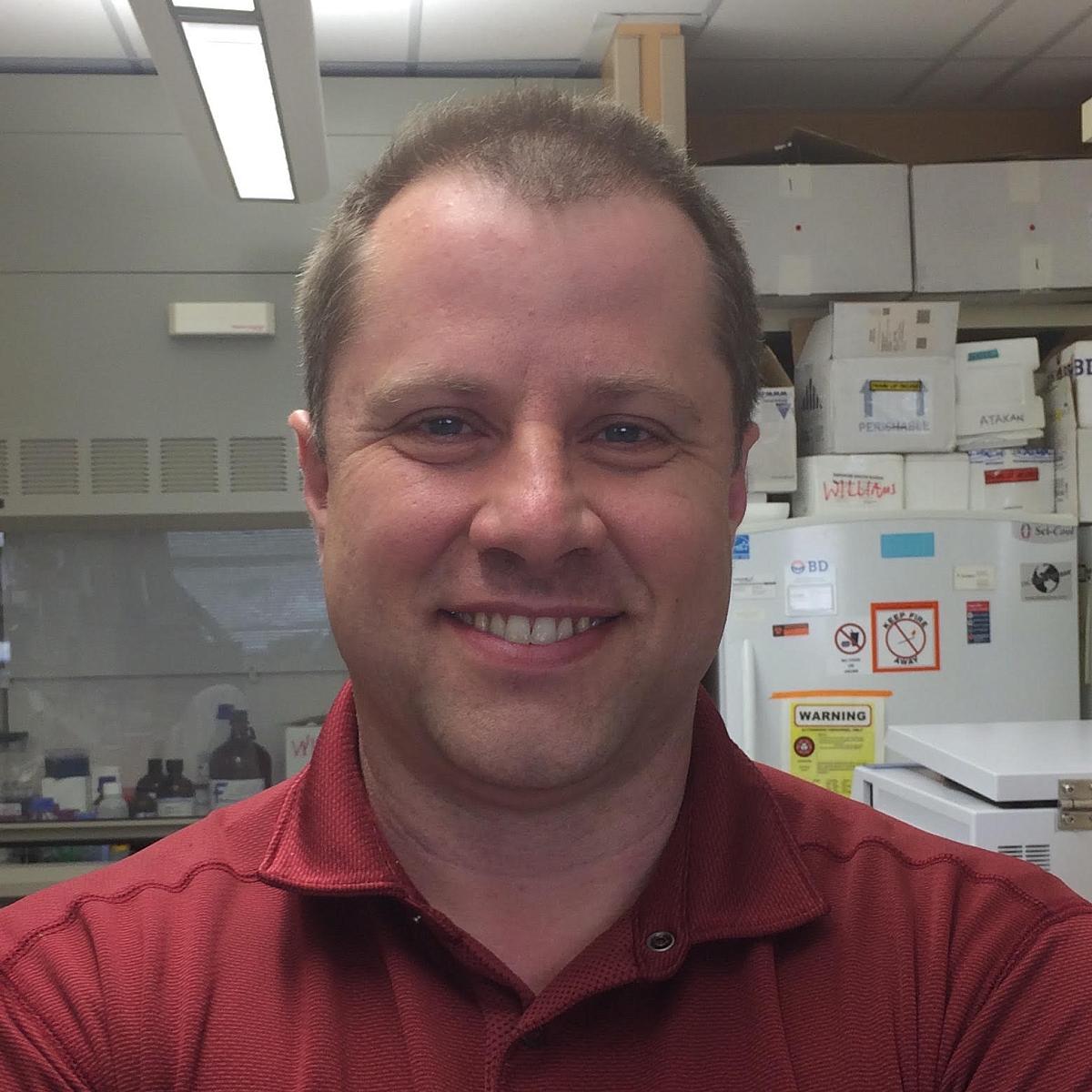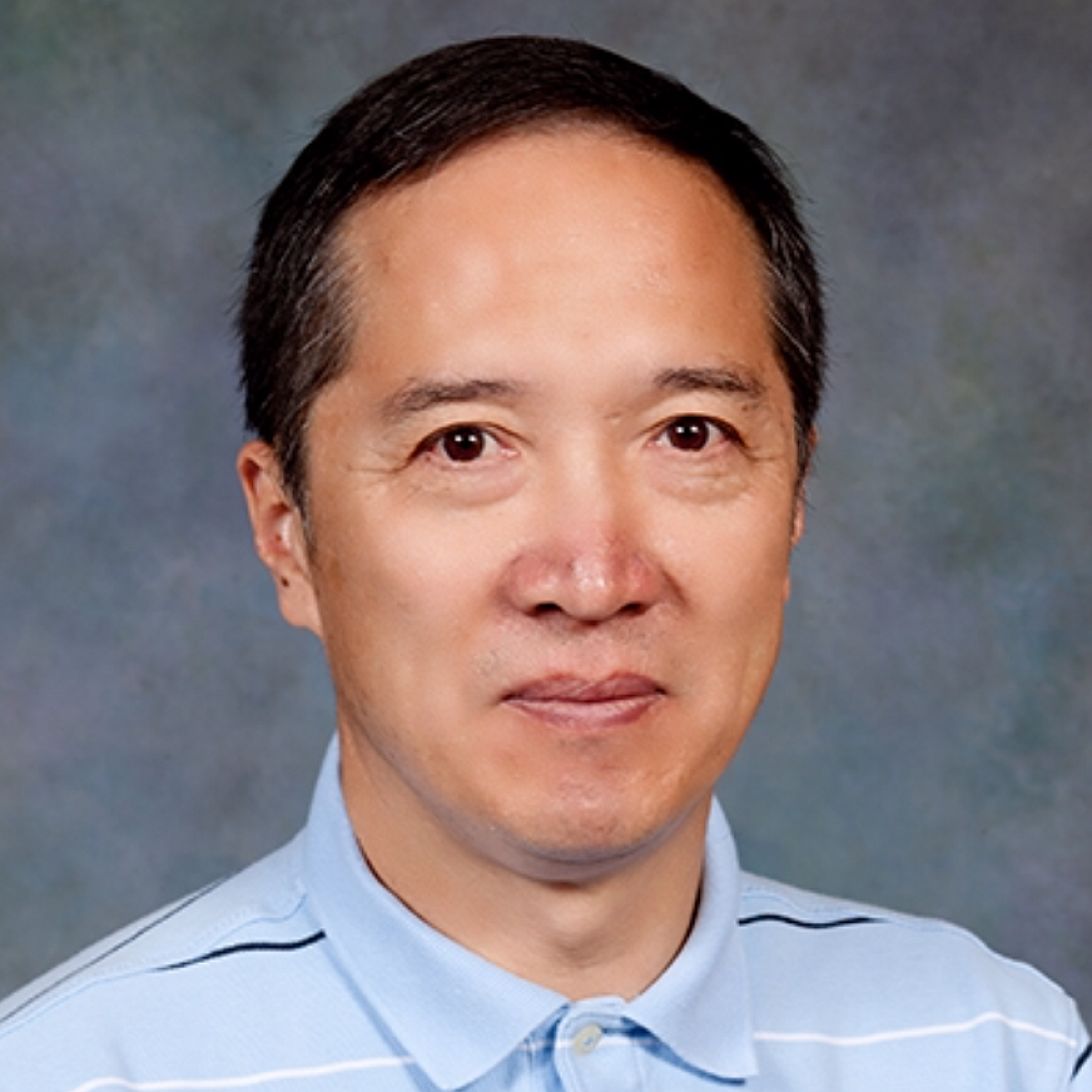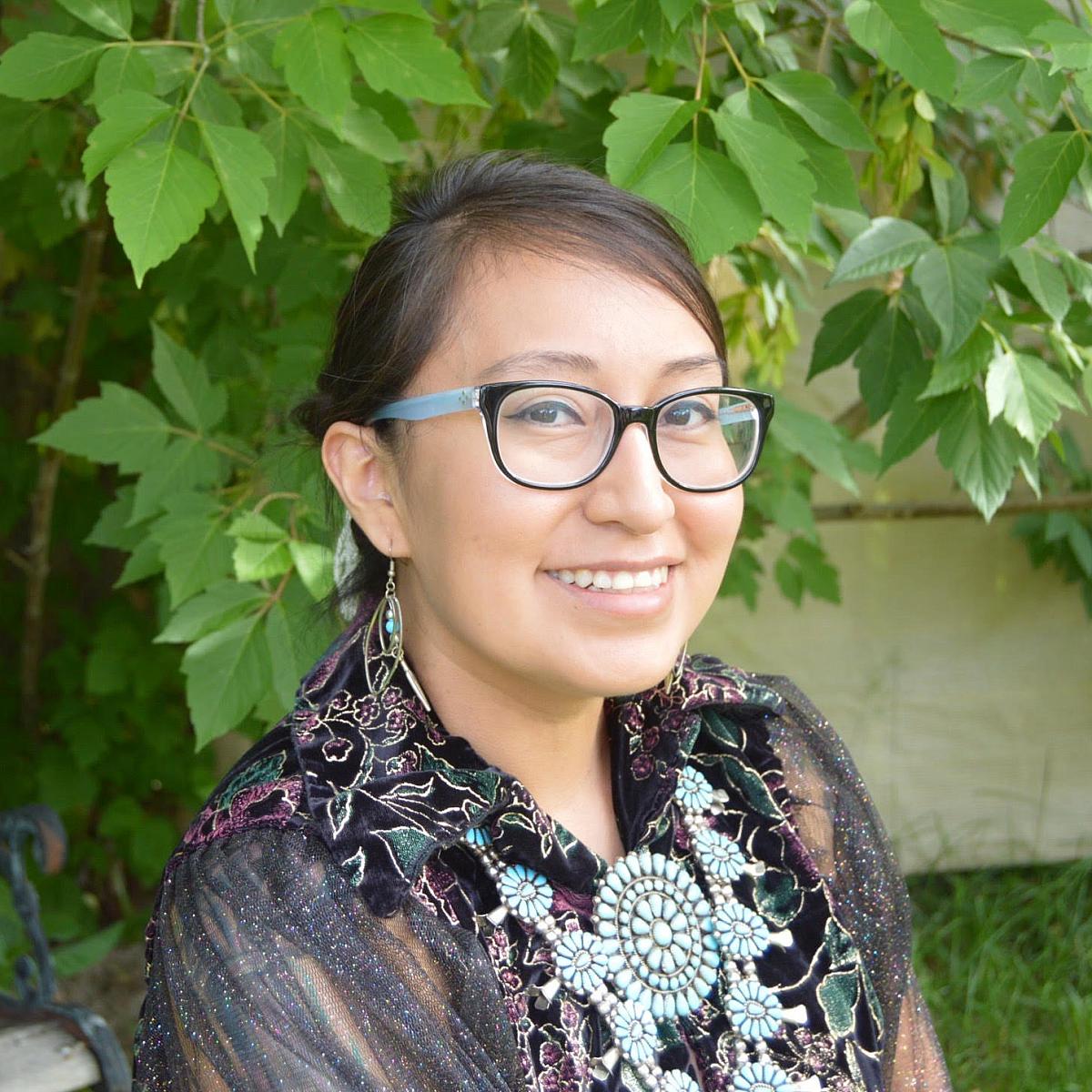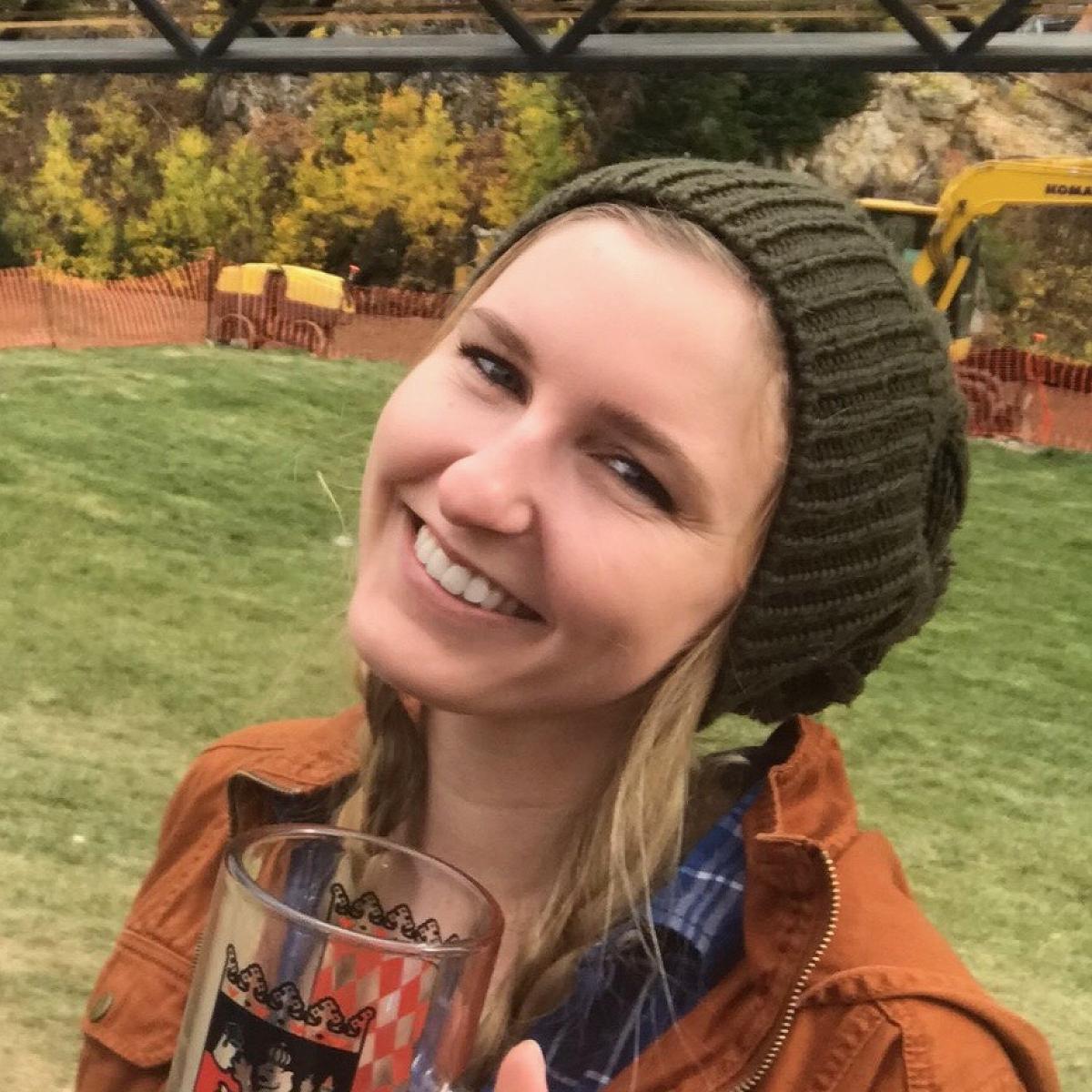
Matt Williams Lab

Matt Williams Lab
Welcome to the Williams Lab!
Following viral or bacterial infection, numerous components of the immune response play a role in recognizing, engaging and eradicating the offending pathogen. T cells are particularly central to protection from a wide variety of infections. A key hallmark of protective T cell responses is the long-lived (in many cases life-long) persistence of memory T cells after the pathogen is cleared. Because memory T cells are present at elevated frequencies and recognize the pathogen quickly, they are able to provide rapid protection upon encountering the same pathogen a second time. While many successful vaccines of the past have relied on the development of antibody responses for their protective effect, future disease challenges will require the induction of cell-mediated protection provided by T cells. The research focus of the Williams laboratory is to understand the nature of T cell intrinsic signals, such as the T-cell receptor, and T cell extrinsic signals, such as inflammation, in promoting the ability of T cells to acquire the functions that allow them to eradicate pathogens and form long-lived immunological memory.
Contact Us
2000 Circle of Hope, Room: Rm 5243
Salt Lake City, UT 84112
Email: matthew.williams@path.utah.edu
Phone: 801-585-2487
Research
Signals that promote long-lived memory T cells
My lab is focused on understanding the signals that occur early in the response to infection that promote the development of long-lived memory T cells. To accomplish this, we employ several models of acute infection in mice, including Listeria monocytogenes, lymphocytic choriomeningitis virus (LCMV), vaccinia virus and influenza virus. By using these models, we hope to pinpoint some of the signals that drive memory T cell differentiation. We are particularly focused on the role of the T cell receptor in driving this process, and current projects in the lab focus on understanding the role of TCR signal strength in shaping the effector functions of the T cell response.
Regulation of T cell activity in the tumor microenvironment
A major obstacle in harnessing the immune system to combat cancer is the ability of many tumors to inhibit T cell function. We are engaged in basic, pre-clinical and translational studies to achieve a better understanding of how T cell activation and function are regulated in the tumor microenvironment, and to identify therapeutic targets to enhance T cell activation that can complement existing checkpoint blockade therapies. The end goal is to improve disease outcomes by inducing long-lived, highly functional anti-tumor memory T cells that promote durable cancer remission.
Matthew A. Williams, PhD
Matthew Williams, PhD, is an Associate Professor in the Department of Pathology, Division of Microbiology and Immunology at the University of Utah, and he is currently serving as the C. Scott and Dorothy E. Watkins Endowed Chair in Honor of Ernst J. Eichwald, MD (2018-2021). He is also a member of the Cell Response and Regulation program within the... Read More
Research Interests: Bacterial Infections, Cancer Vaccines, Immunologic Memory, Immunology, Immunotherapy, T Cell Biology, Vaccination, Viral infections
Dawei Kumaki, MD,PhD
MD – Shanghai China (Second Military Medical University)
PhD – Gunma, Japan (Gunma University School of Medicine)
Krystal Charley, BS
University of New Mexico - BS in Biology
Research: My research is focused on the role of both intrinsic and extrinsic cell signals in the differentiation of CD4+ effector and memory T cells.
Publications
- Burnett WJ, Burnett DM, Parkman G, Ramstead A, Contreras N, Gravley W, Holmen SL, Williams MA, VanBrocklin MW (2021). Prior Exposure to Coxsackievirus A21 Does Not Mitigate Oncolytic Therapeutic Efficacy. Cancers (Basel), 13(17).
- Snook JP, Soedel AJ, Ekiz HA, OConnell RM, Williams MA (2020). Inhibition of SHP-1 expands the repertoire of antitumor T cells available to respond to immune checkpoint blockade. Cancer Immunol Res, 8(4), 506-517.
- Ekiz HA, Huffaker TB, Grossmann AH, Stephens WZ, Williams MA, Round JL, OConnell RM (2019). MicroRNA-155 coordinates the immunological landscape within murine melanoma and correlates with immunity in human cancers. JCI Insight, 4(6).
- Whiteside SK, Snook JP, Williams MA, Weis JJ (2018). Bystander T Cells: A Balancing Act of Friends and Foes. Trends Immunol, 39(12), 1021-1035.
- OConnell JF, Allen J, Williams MAJ, Williams AN, Turney CSM, Spooner NA, Kamminga J, Brown G, Cooper A (2018). When did Homo sapiens first reach Southeast Asia and Sahul? Proc Natl Acad Sci U S A, 115(34), 8482-8490.
- Snook JP, Kim C, Williams MA (2018). TCR signal strength controls the differentiation of CD4+ effector and memory T cells. Sci Immunol, 3(25).
- Ekiz HA, Lai SA, Gundlapalli H, Haroun F, Williams MA, Welm AL (2018). Inhibition of RON kinase potentiates anti-CTLA-4 immunotherapy to shrink breast tumors and prevent metastatic outgrowth. Oncoimmunology, 7(9), e1480286.
- Whiteside SK, Snook JP, Ma Y, Sonderegger FL, Fisher C, Petersen C, Zachary JF, Round JL, Williams MA, Weis JJ (2018). IL-10 Deficiency Reveals a Role for TLR2-Dependent Bystander Activation of T Cells in Lyme Arthritis. J Immunol, 200(4), 1457-1470.
- Meek SM, Williams MA (2018). IFN-Gamma-Dependent and Independent Mechanisms of CD4⁺ Memory T Cell-Mediated Protection from Listeria Infection. Pathogens, 7(1).
- Huffaker TB, Lee SH, Tang WW, Wallace JA, Alexander M, Runtsch MC, Larsen DK, Thompson J, Ramstead AG, Voth WP, Hu R, Round JL, Williams MA, OConnell RM (2017). Antitumor immunity is defective in T cell-specific microRNA-155-deficient mice and is rescued by immune checkpoint blockade. J Biol Chem, 292(45), 18530-18541.
- Ray A, Williams MA, Meek SM, Bowen RC, Grossmann KF, Andtbacka RH, Bowles TL, Hyngstrom JR, Leachman SA, Grossman D, Bowen GM, Holmen SL, VanBrocklin MW, Suneja G, Khong HT (2016). A phase I study of intratumoral ipilimumab and interleukin-2 in patients with advanced melanoma. Oncotarget, 7(39), 64390-64399.
- Shakya A, Goren A, Shalek A, German CN, Snook J, Kuchroo VK, Yosef N, Chan RC, Regev A, Williams MA, Tantin D (11/16/2015). Oct1 and OCA-B are selectively required for CD4 memory T cell function. J Exp Med, 212(12), 2115-31.
- Shakya A, Goren A, Shalek A, German CN, Snook J, Kuchroo VK, Yosef N, Chan RC, Regev A, Williams MA, Tantin D (2015). Oct1 and OCA-B are selectively required for CD4 memory T cell function. J Exp Med, 212(12), 2115-31.
- Hu R, Kagele DA, Huffaker TB, Runtsch MC, Alexander M, Liu J, Bake E, Su W, Williams MA, Rao DS, Mller T, Garden GA, Round JL, OConnell RM (2014). miR-155 promotes T follicular helper cell accumulation during chronic, low-grade inflammation. Immunity, 41(4), 605-19.
- Kim C, Jay DC, Williams MA (2014). Dynamic functional modulation of CD4+ T cell recall responses is dependent on the inflammatory environment of the secondary stimulus. PLoS Pathog, 10(5), e1004137.
- Kim C, Jay DC, Williams MA (2014). Dynamic functional modulation of CD4+ T cell recall responses is dependent on the inflammatory environment of the secondary stimulus. PLoS Pathog, 10(5), e1004137.
- Kim C, Wilson T, Fischer KF, Williams MA (2013). Sustained interactions between T cell receptors and antigens promote the differentiation of CD4⁺ memory T cells. Immunity, 39(3), 508-20.
- Eyob H, Ekiz HA, Derose YS, Waltz SE, Williams MA, Welm AL (2013). Inhibition of ron kinase blocks conversion of micrometastases to overt metastases by boosting antitumor immunity. Cancer Discov, 3(7), 751-60.
- Jay DC, Mitchell DM, Williams MA (2013). Bim mediates the elimination of functionally unfit Th1 responders from the memory pool. PLoS ONE, 8(6), e67363.
- Mitchell DM, Williams MA (2013). Disparate roles for STAT5 in primary and secondary CTL responses. J Immunol, 190(7), 3390-8.
- Khanolkar A, Williams MA, Harty JT (2013). Antigen experience shapes phenotype and function of memory Th1 cells. PLoS ONE, 8(6), e65234.
- Williams MA, Schmidt RL, Lenz LL (2012). Early events regulating immunity and pathogenesis during Listeria monocytogenes infection. Trends Immunol, 33(10), 488-95.
- Kim C, Jay DC, Williams MA (2012). Stability and function of secondary Th1 memory cells are dependent on the nature of the secondary stimulus. J Immunol, 189(5), 2348-55.
- Shakya A, Kang J, Chumley J, Williams MA, Tantin D (2011). Oct1 is a switchable, bipotential stabilizer of repressed and inducible transcriptional states. J Biol Chem, 286(1), 450-9.
- Kim C, Williams MA (2010). Nature and nurture: T-cell receptor-dependent and T-cell receptor-independent differentiation cues in the selection of the memory T-cell pool. Immunology, 131(3), 310-7.
- Mitchell DM, Ravkov EV, Williams MA (2010). Distinct roles for IL-2 and IL-15 in the differentiation and survival of CD8+ effector and memory T cells. J Immunol, 184(12), 6719-30.
- Ravkov EV, Williams MA (2009). The magnitude of CD4+ T cell recall responses is controlled by the duration of the secondary stimulus. J Immunol, 183(4), 2382-9.
- Williams MA, Ravkov EV, Bevan MJ (2008). Rapid culling of the CD4+ T cell repertoire in the transition from effector to memory. Immunity, 28(4), 533-45.
- Prlic M, Williams MA, Bevan MJ (2007). Requirements for CD8 T-cell priming, memory generation and maintenance. [Review]. Curr Opin Immunol, 19(3), 315-9.
- Williams MA, Bevan MJ (2007). Effector and memory CTL differentiation. [Review]. Annu Rev Immunol, 25, 171-92.
- Williams MA, Tyznik AJ, Bevan MJ (2006). Interleukin-2 signals during priming are required for secondary expansion of CD8+ memory T cells. Nature, 441(7095), 890-3.
- Williams MA, Holmes BJ, Sun JC, Bevan MJ (2006). Developing and maintaining protective CD8+ memory T cells. [Review]. Immunol Rev, 211, 146-53.



